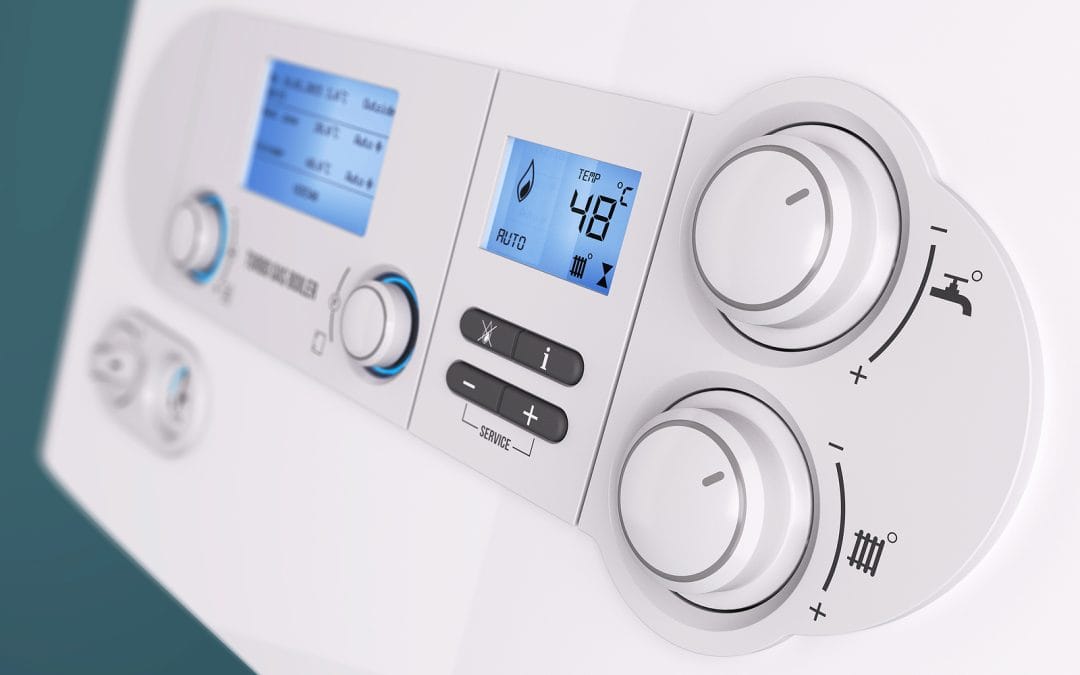With the height of spring giving people a small taste of the beautiful heat they can expect during the height of summer, many homeowners are left with a dilemma when it comes to their boiler system.
Many people will shut off their boiler systems entirely over summer to save money, particularly if they intend to spend a week or two on holiday when they have no plans to use any hot water at all.
However, whilst conventional wisdom for those with older boilers, is this still the best option or could it potentially lead to an emergency callout if left too long?
Moreover, with many modern boilers featuring dedicated winter and summer modes, is it ever necessary to switch off your boiler at all?
Why Do People Switch Off Their Boilers?
Conventional or traditional boilers consist of the heating system itself, a cold water tank and a hot water storage cylinder. Cold water enters a heat exchanger, is warmed up and fills up the storage cylinder, as well as being redirected to heat radiators and underfloor pipes.
The heating of the water and its use are largely separate, so a boiler can heat up a tank of hot water, and as long as this tank does not run out, you can still use hot water for taps and showers even if the boiler is not turned on.
System boilers work similarly, except that rather than using a cold water tank, they take hot water directly from the mains. However, when the boiler itself is switched off, any water already in the hot water tank is still available.
Conventional wisdom posits, therefore, that if you have a large hot water tank, no need for central heating and only limited need for hot water, you can turn off the boiler for a few weeks and save money on your energy bills in the process.
Should People Switch Off Their Boilers?
Whilst a few days or even a couple of weeks is unlikely to cause a boiler in working order any significant problems, it is not recommended to turn your boiler off and keep it off for months at a time, and some boilers should never be completely switched off at all.
The traditional schedule for turning the boiler off is from May when the weather starts to get hotter, up until late September or early October when autumn starts.
This would be far too long to keep your boiler turned off completely, as boilers rely on a lot of moving parts and valves that would seize up and potentially break entirely if they are left off too long.
The inevitable conclusion there is an automatic callout by a gas engineer to fix the issue.
A combi boiler, which heats water on demand, should never be completely shut off, as not only would this leave you without hot water, but the issues surrounding pipes, valves and moving parts can sometimes happen more quickly.
It is possible to shut off a boiler for a short amount of time, but in a lot of cases, it will not save much money and could in some cases cost more due to the energy needed to warm the boiler up.
Most modern boilers are designed to only use gas when they are actually needed, rather than constantly feeding heat through the system, so whilst it can feel like a rational solution to turn your boiler off, it will likely cost more money than you save, particularly if you frequently turn it on and off.
However, that does not mean you necessarily need to have your boiler running all the time either, particularly with modern boilers.
Is Summer Mode Better?
Alongside improved heating controls and smart thermostats, modern boilers are typically designed to remain technically switched on constantly but only use energy when they are scheduled to do so.
A lot of modern boilers, especially combi boilers, have a dedicated summer mode, which turns off the central heating system but allows for hot water to keep running through the system as and when you need it.
It is as simple to activate as pressing a button, flicking a switch, or turning on a setting using a smart device.
This helps to keep the entire system functioning throughout the year without any major issues, whilst saving you money consistently through using less gas to heat your home.
It works in a similar way to antifreeze settings, which set a smart thermostat to a nominal temperature above freezing but otherwise keeps the central heating off.

